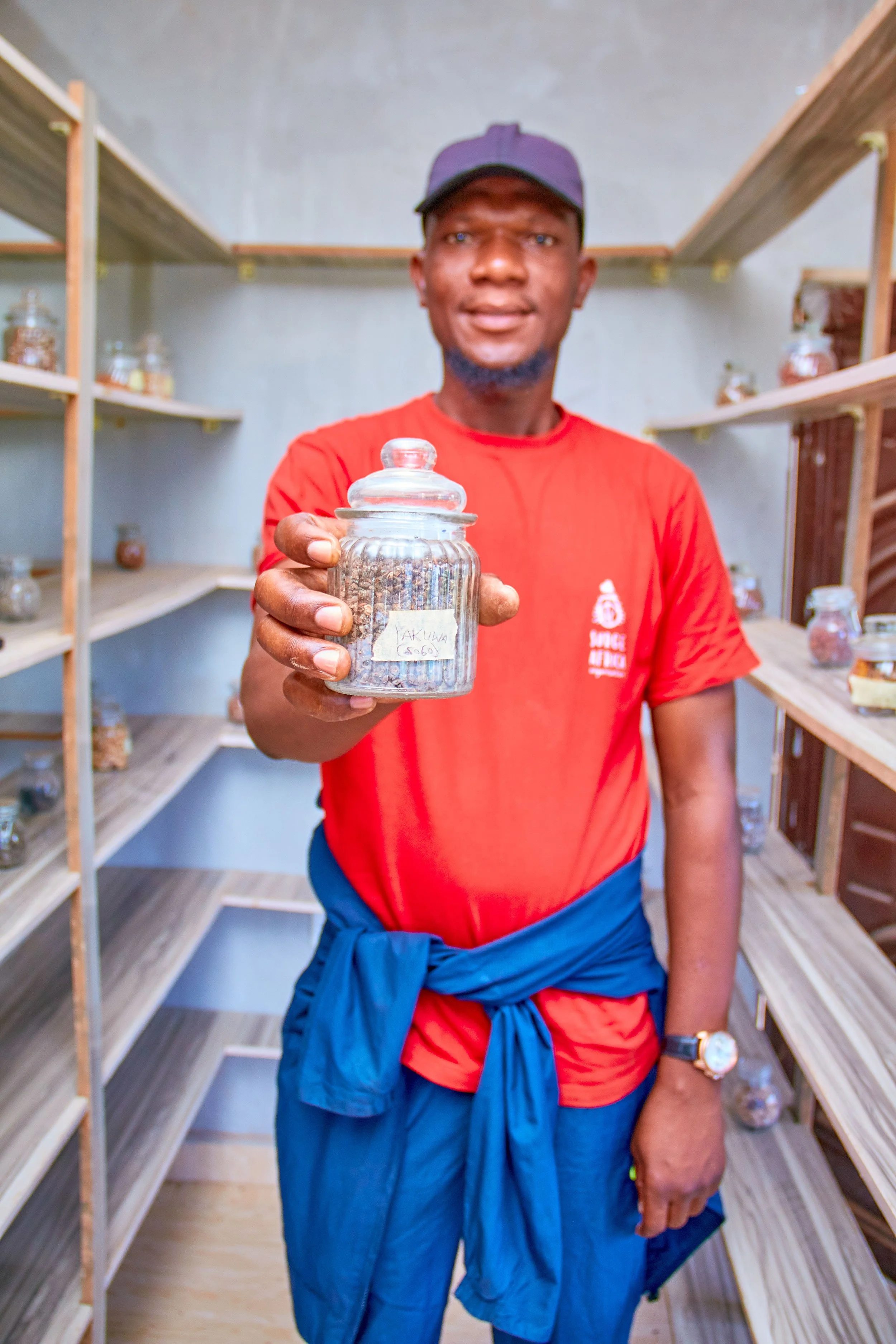People at the heart of our work.
Community engagement is central to Jeji Restoration’s strategy for sustainable impact. This engagement ensures that our restoration efforts are culturally sensitive and tailored to the unique challenges faced by the communities.

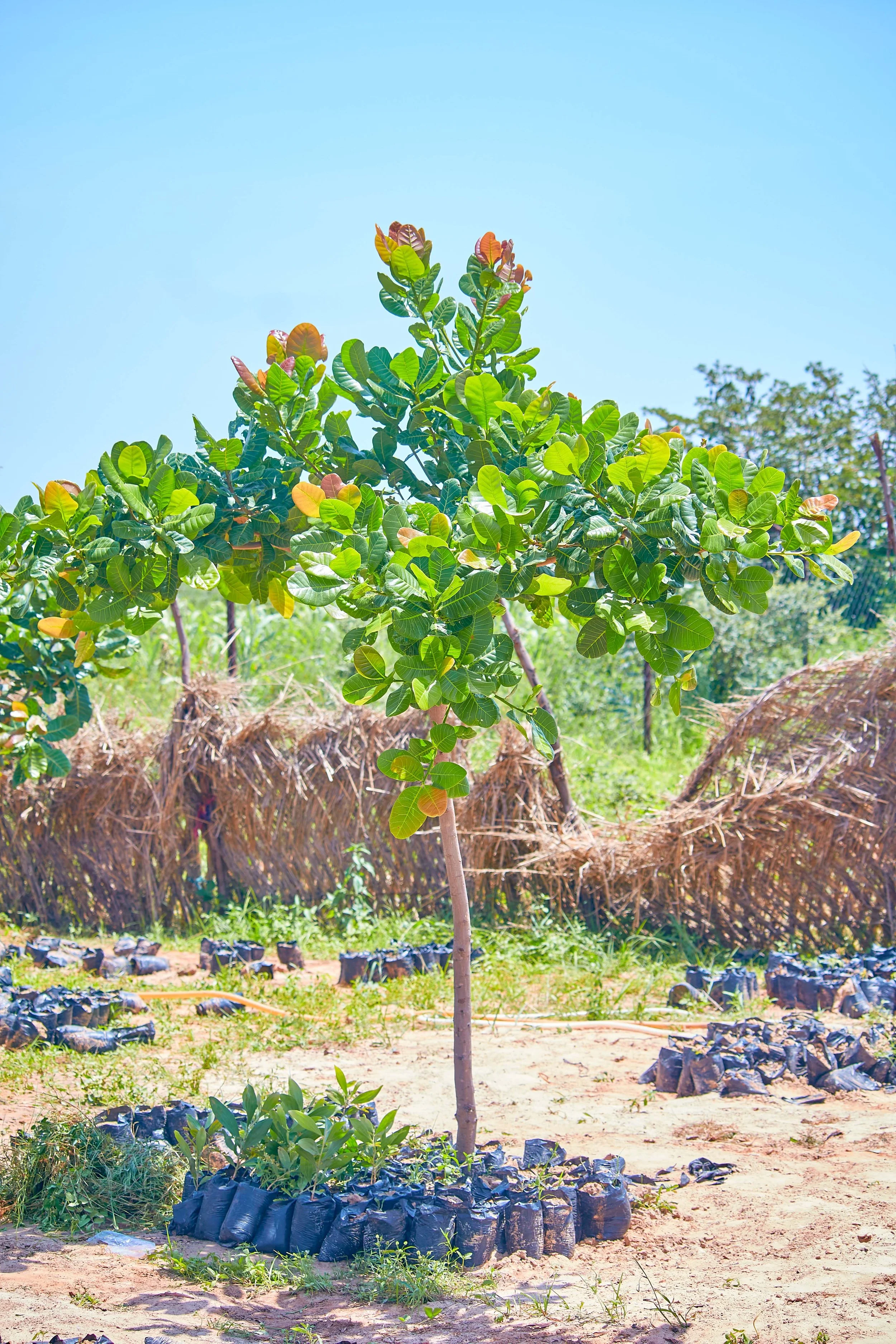
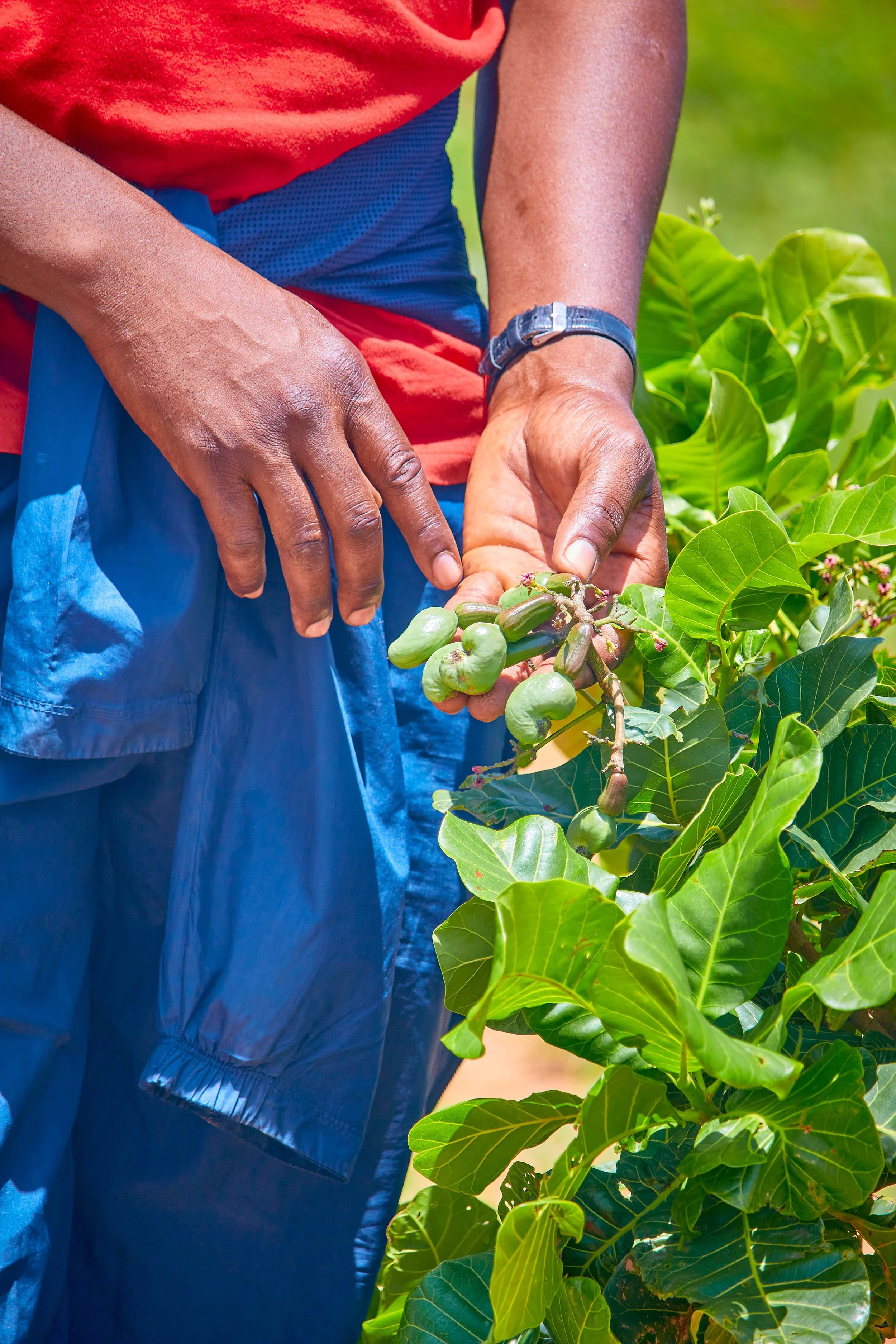

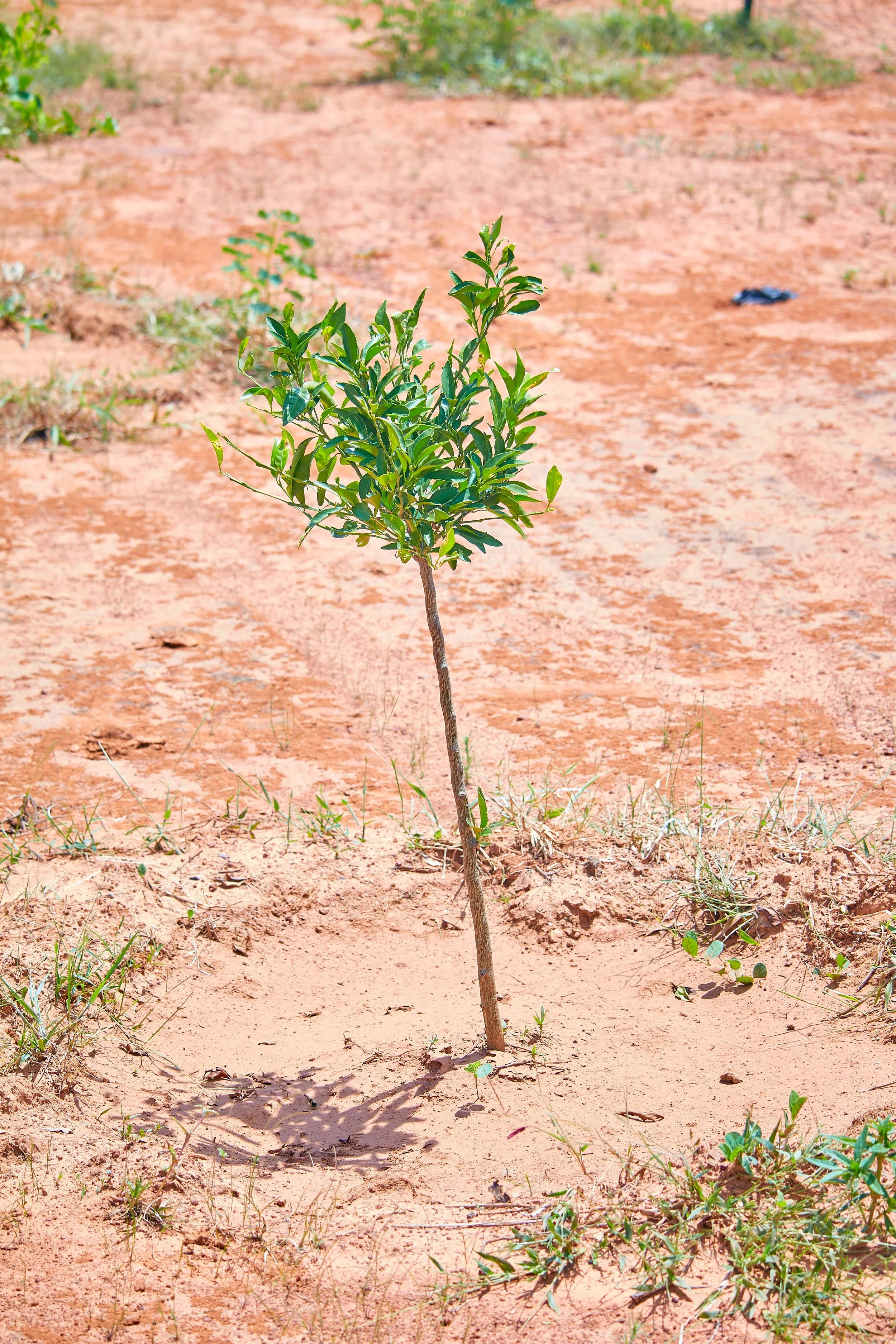
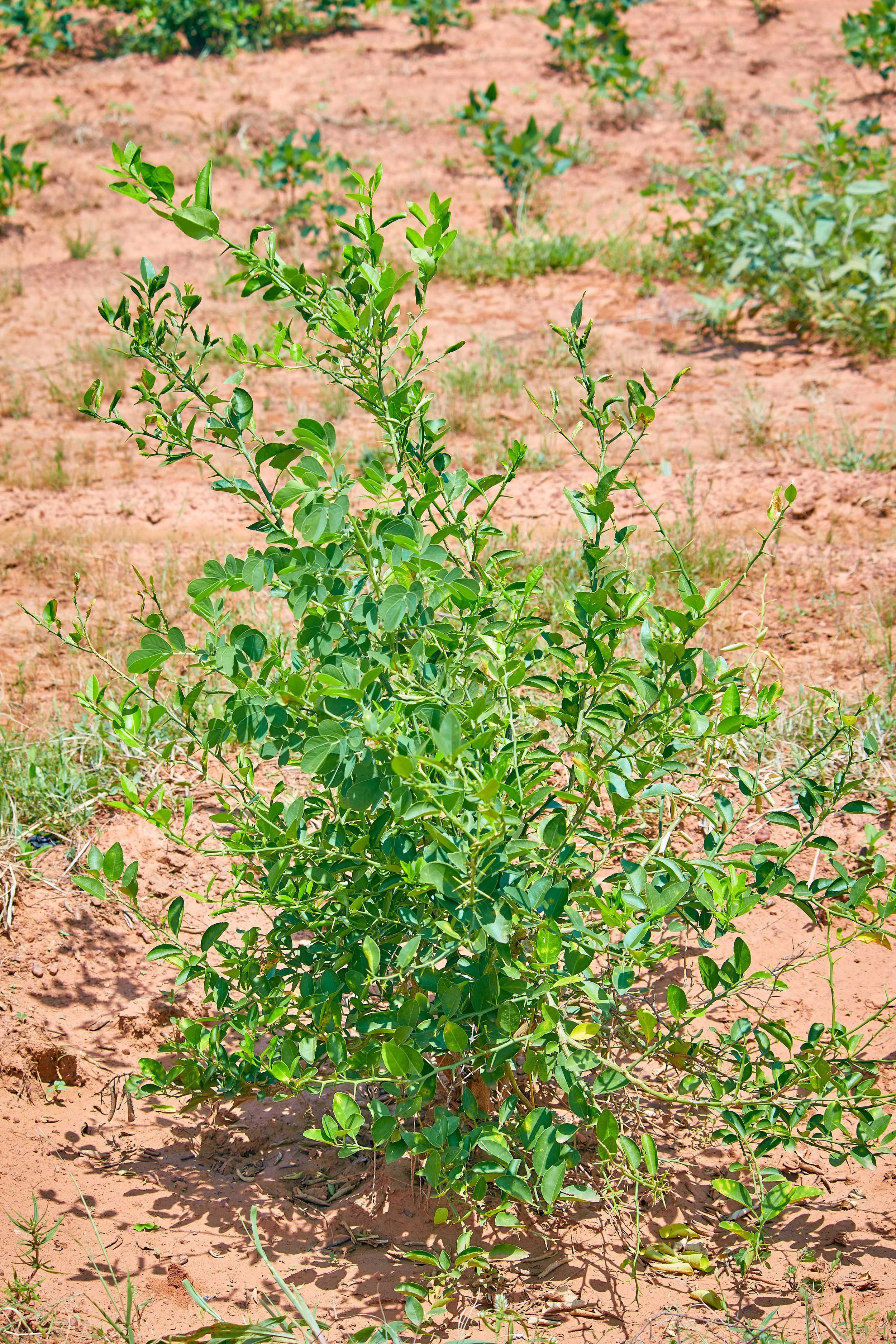
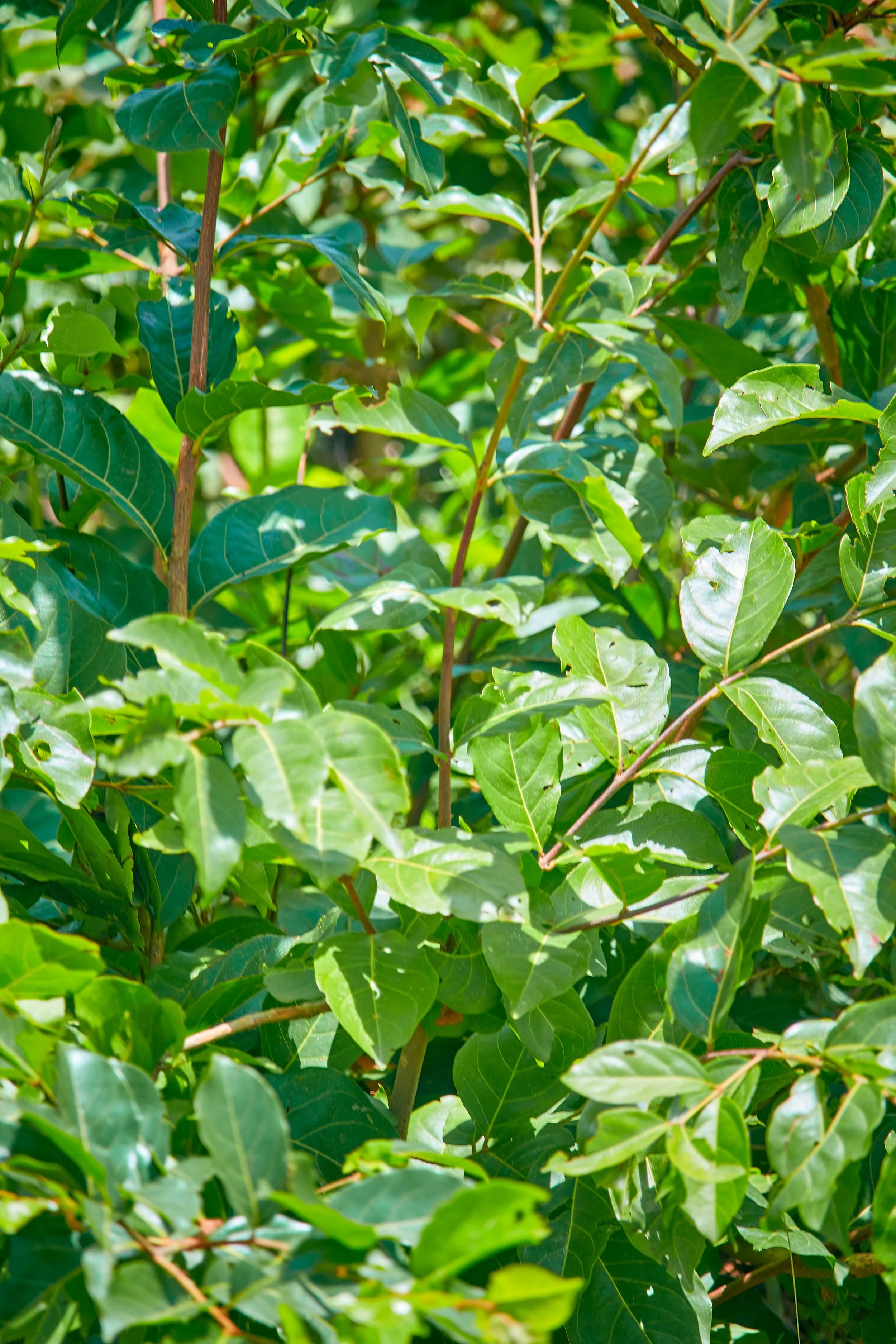
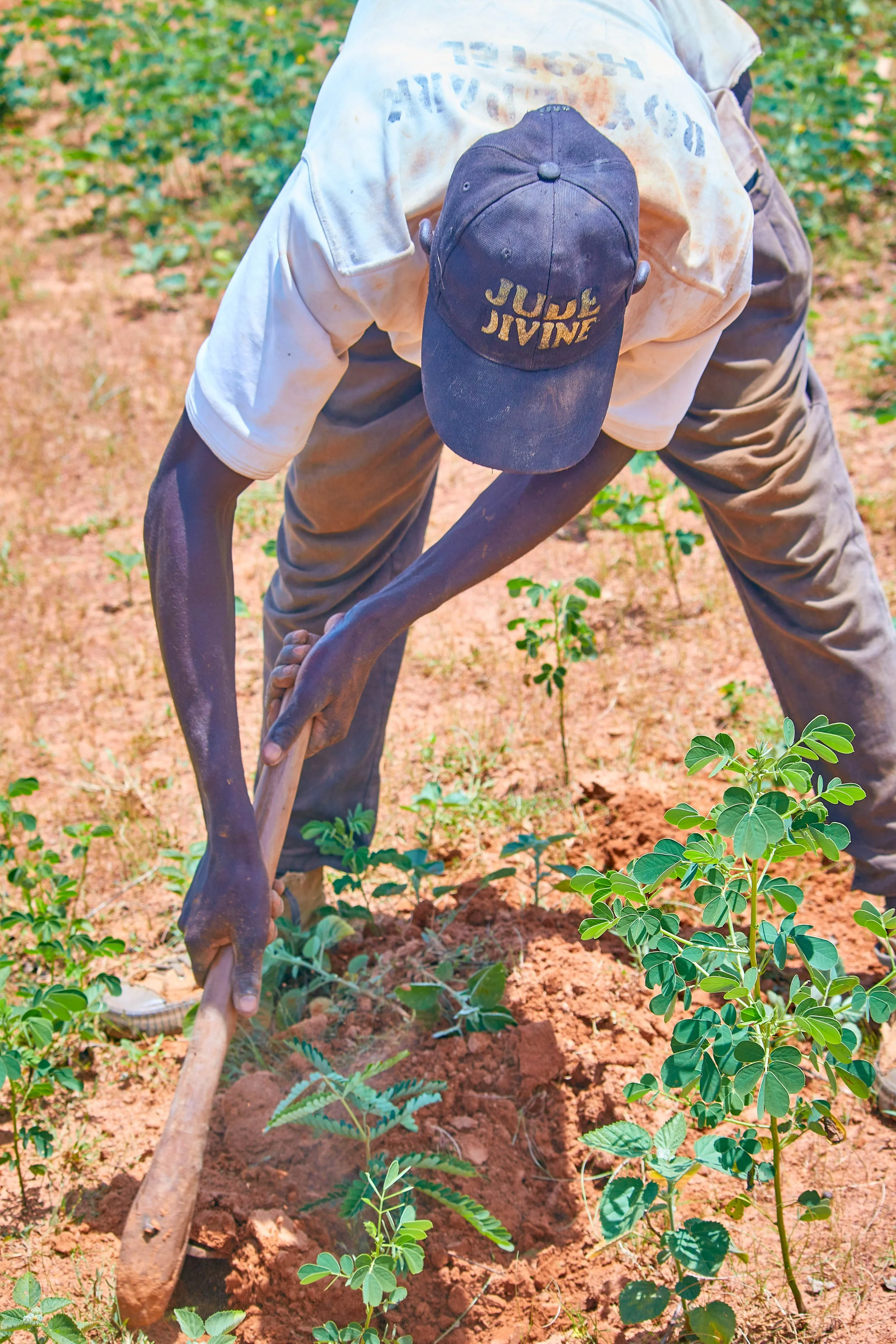
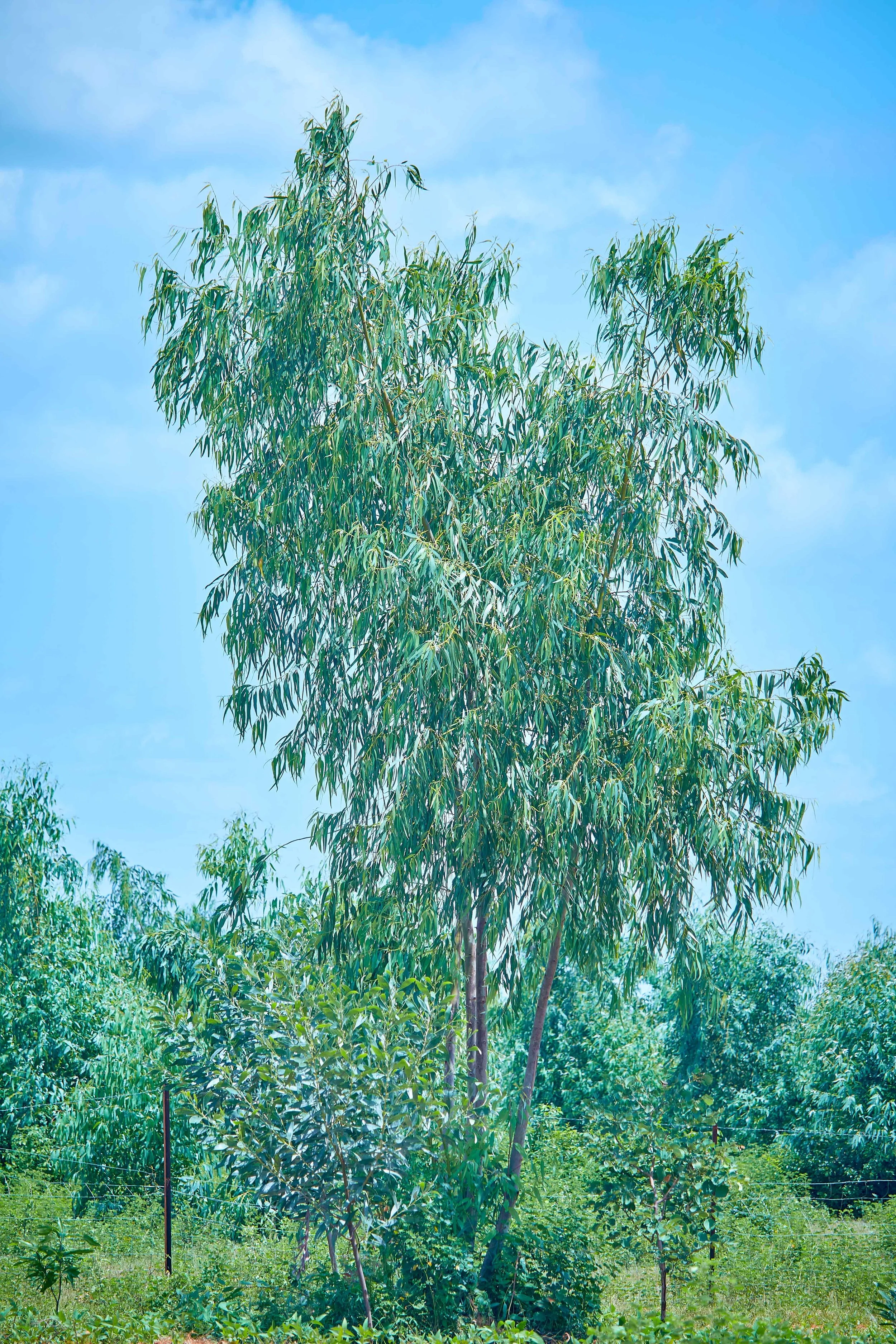
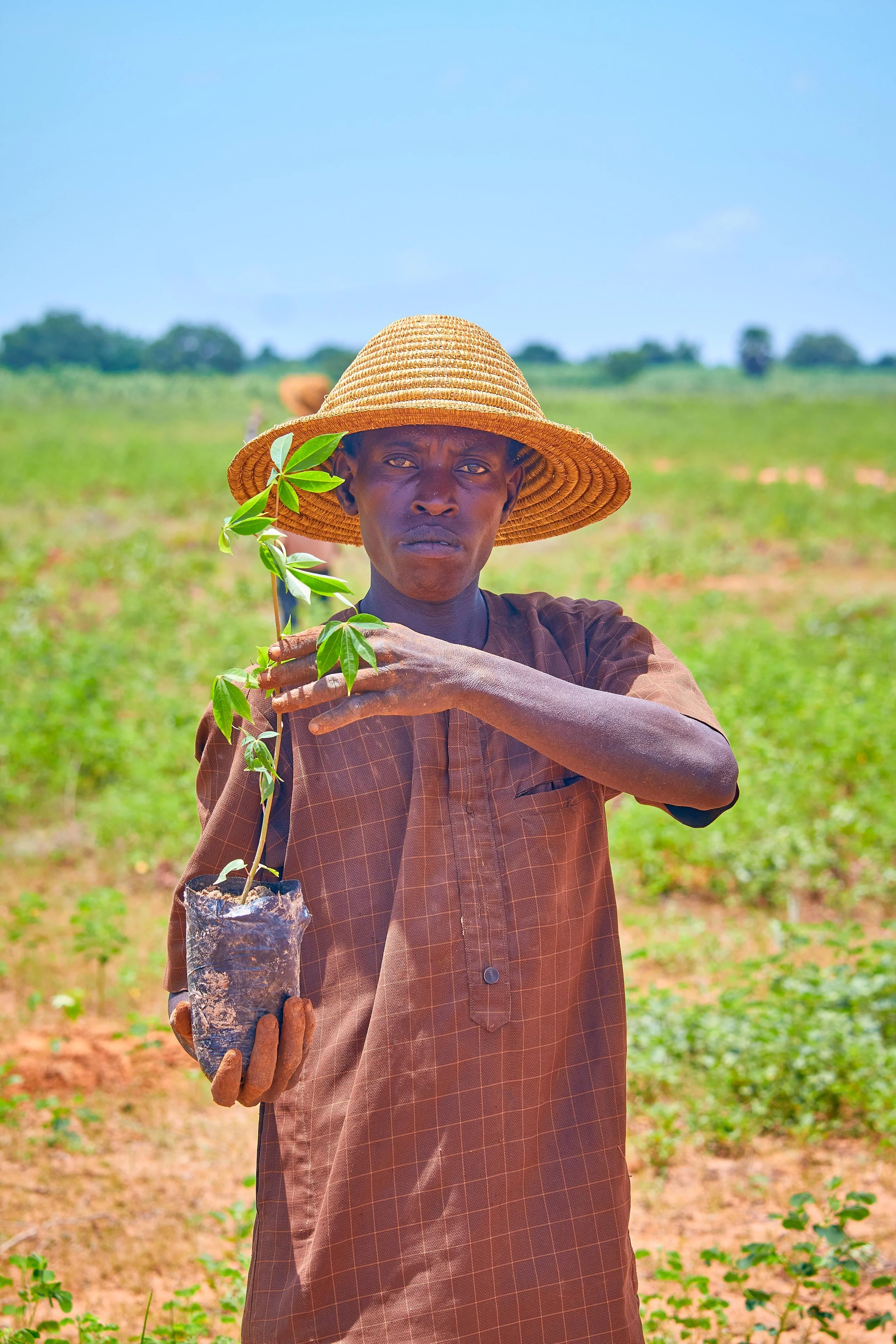
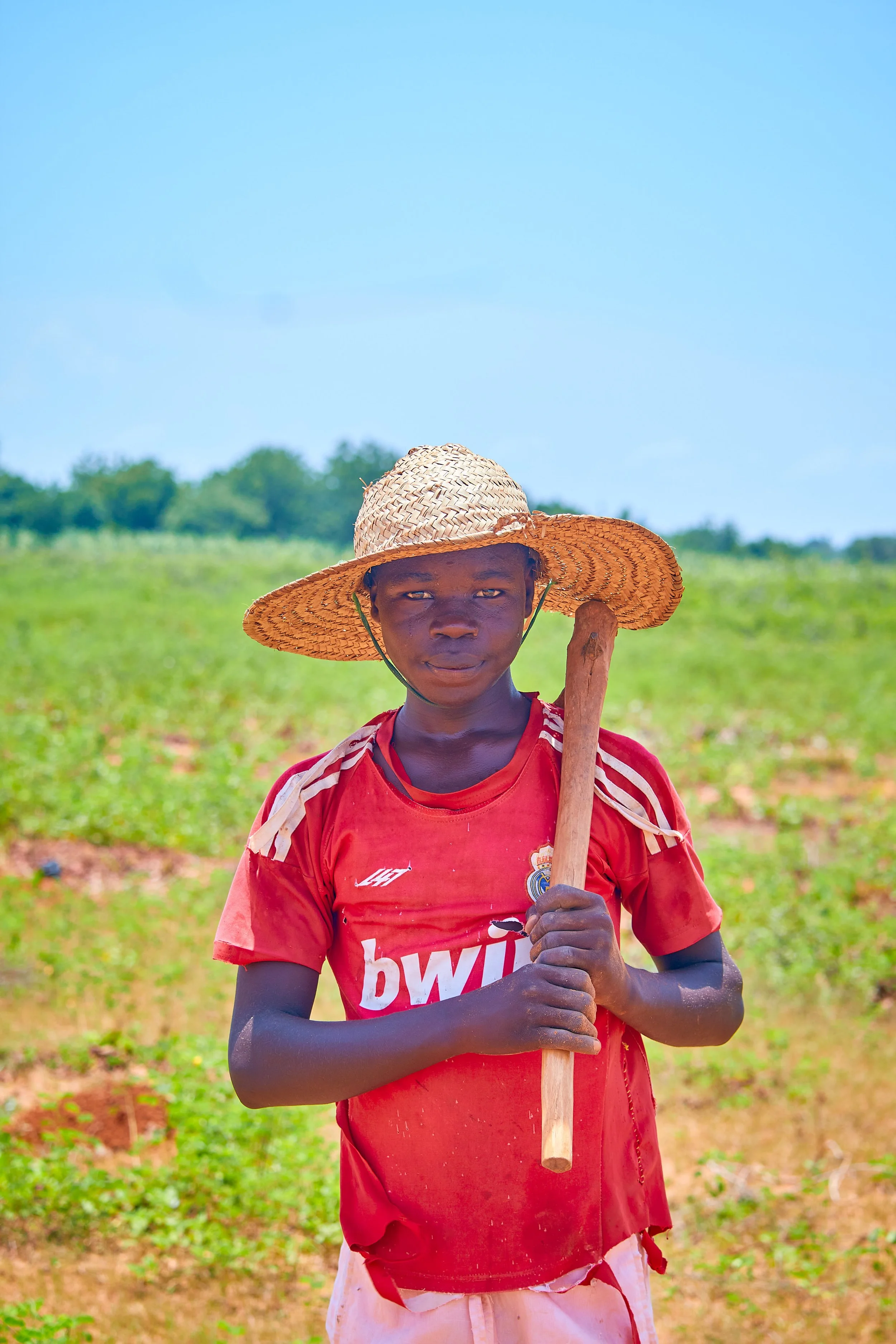
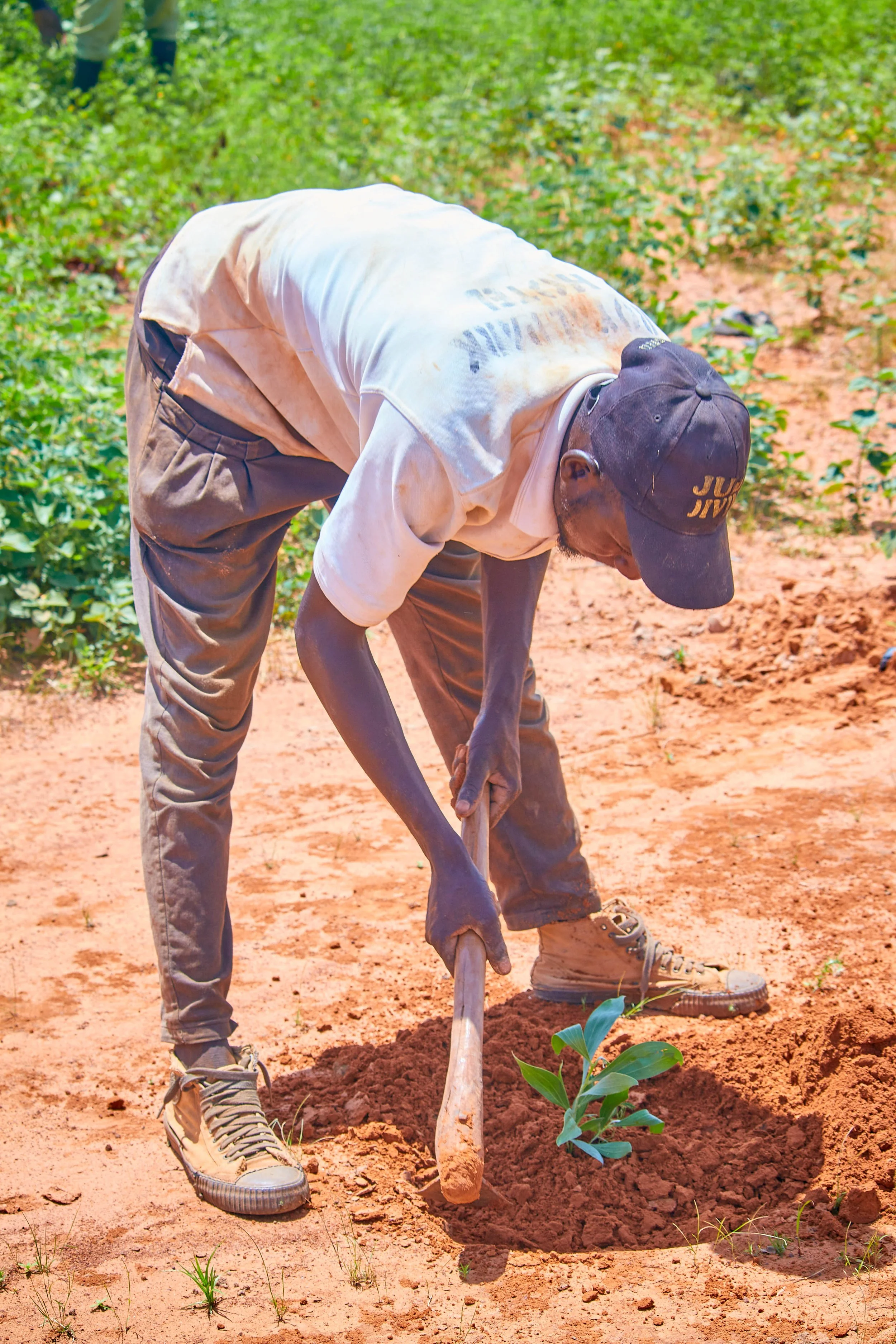
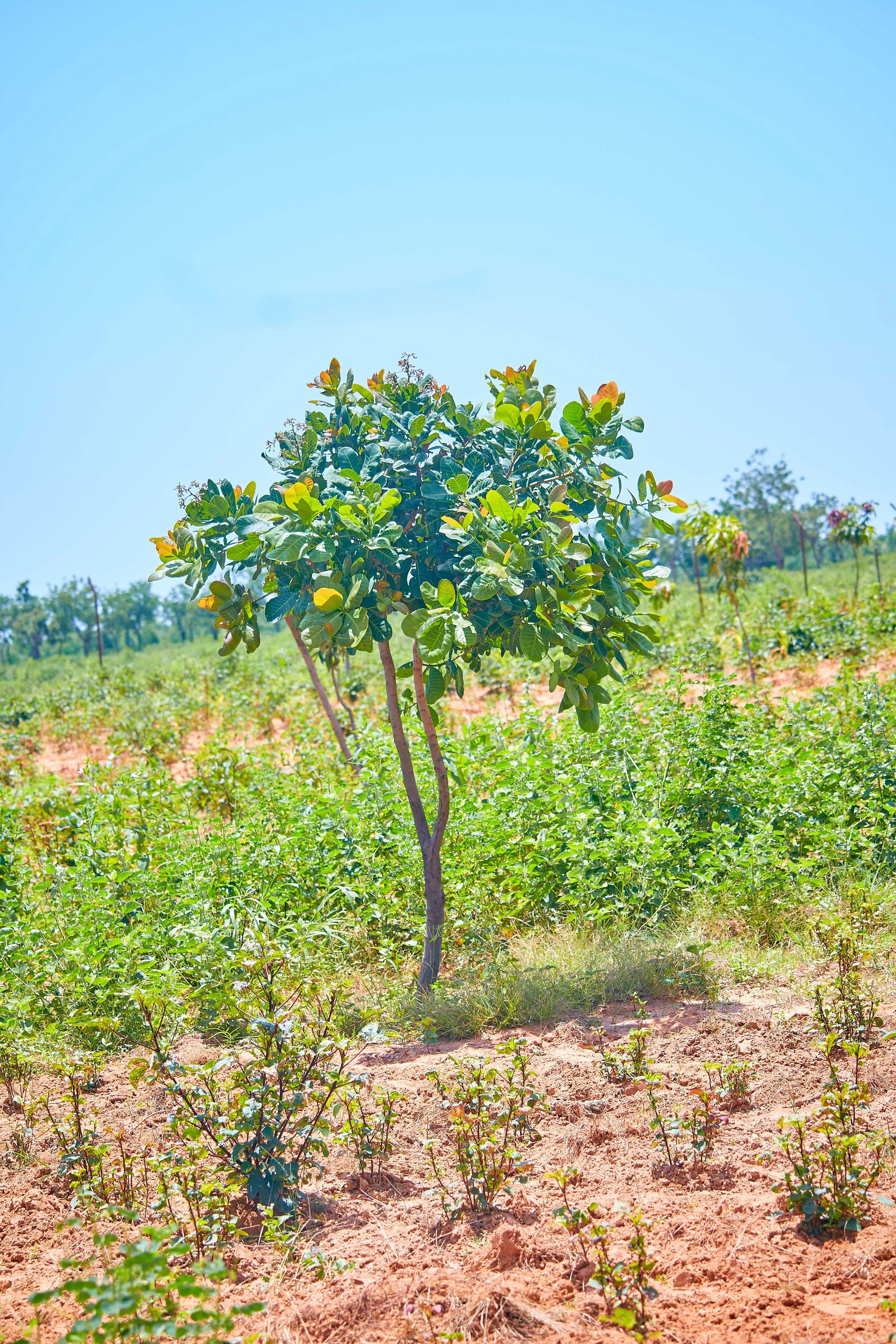
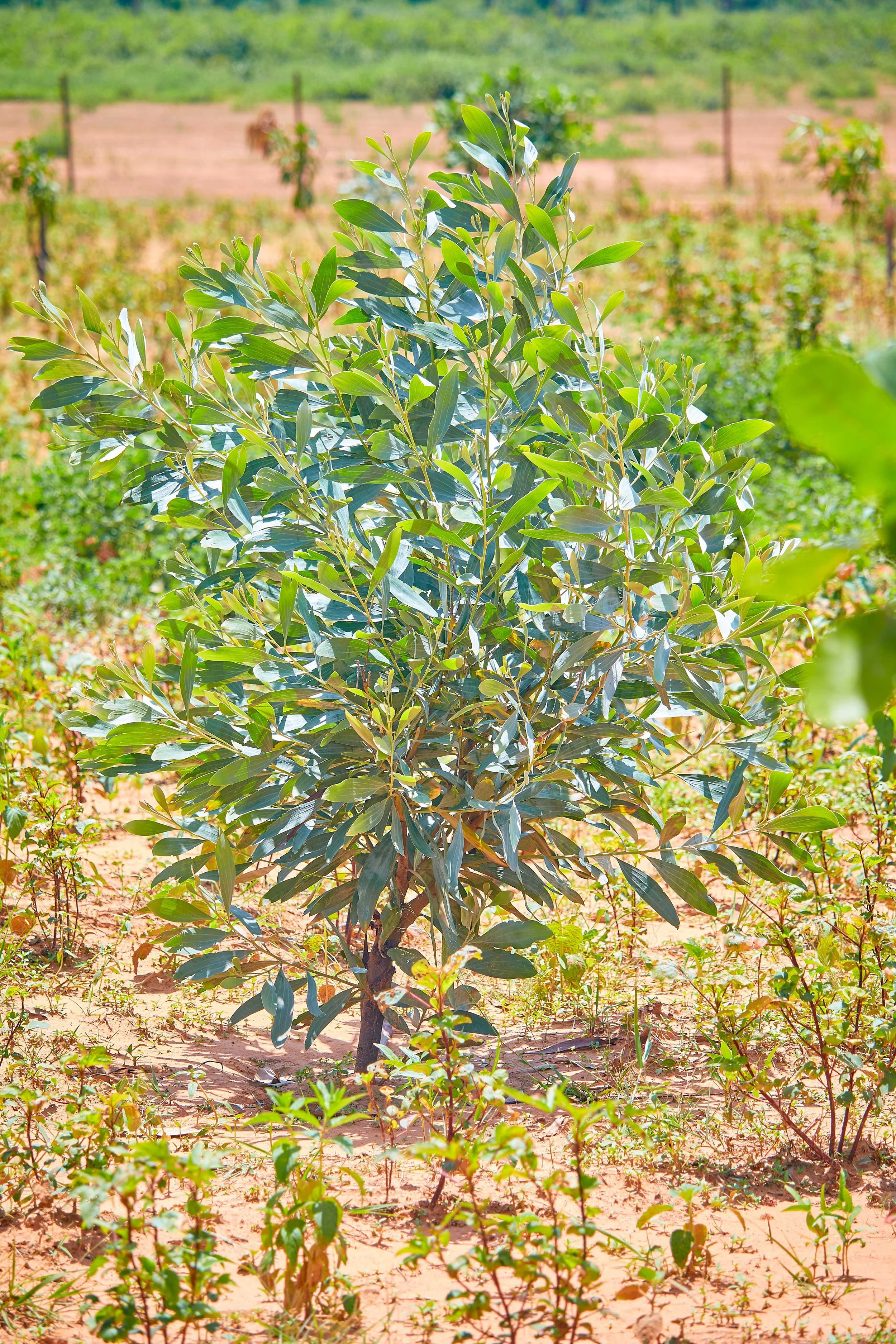
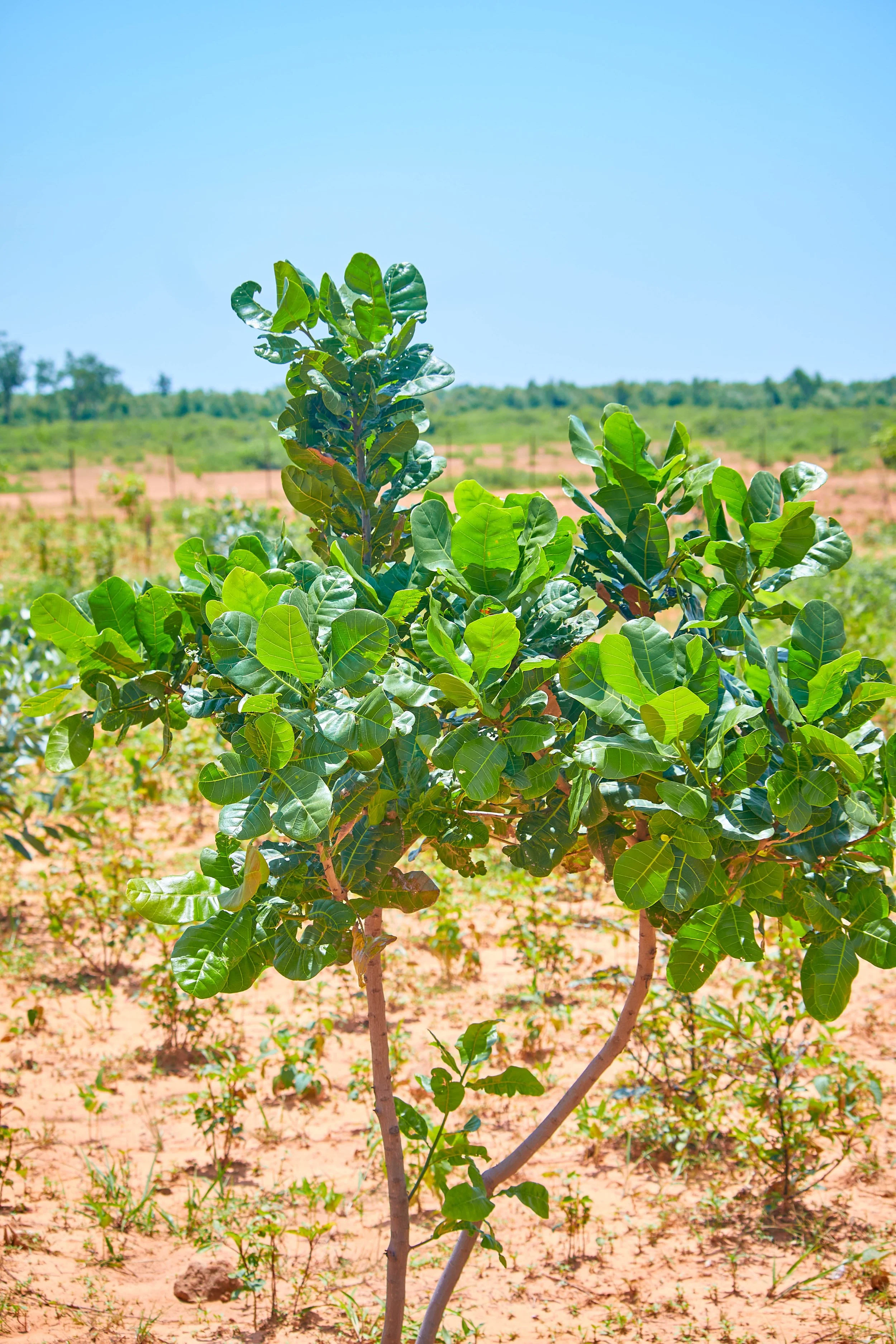
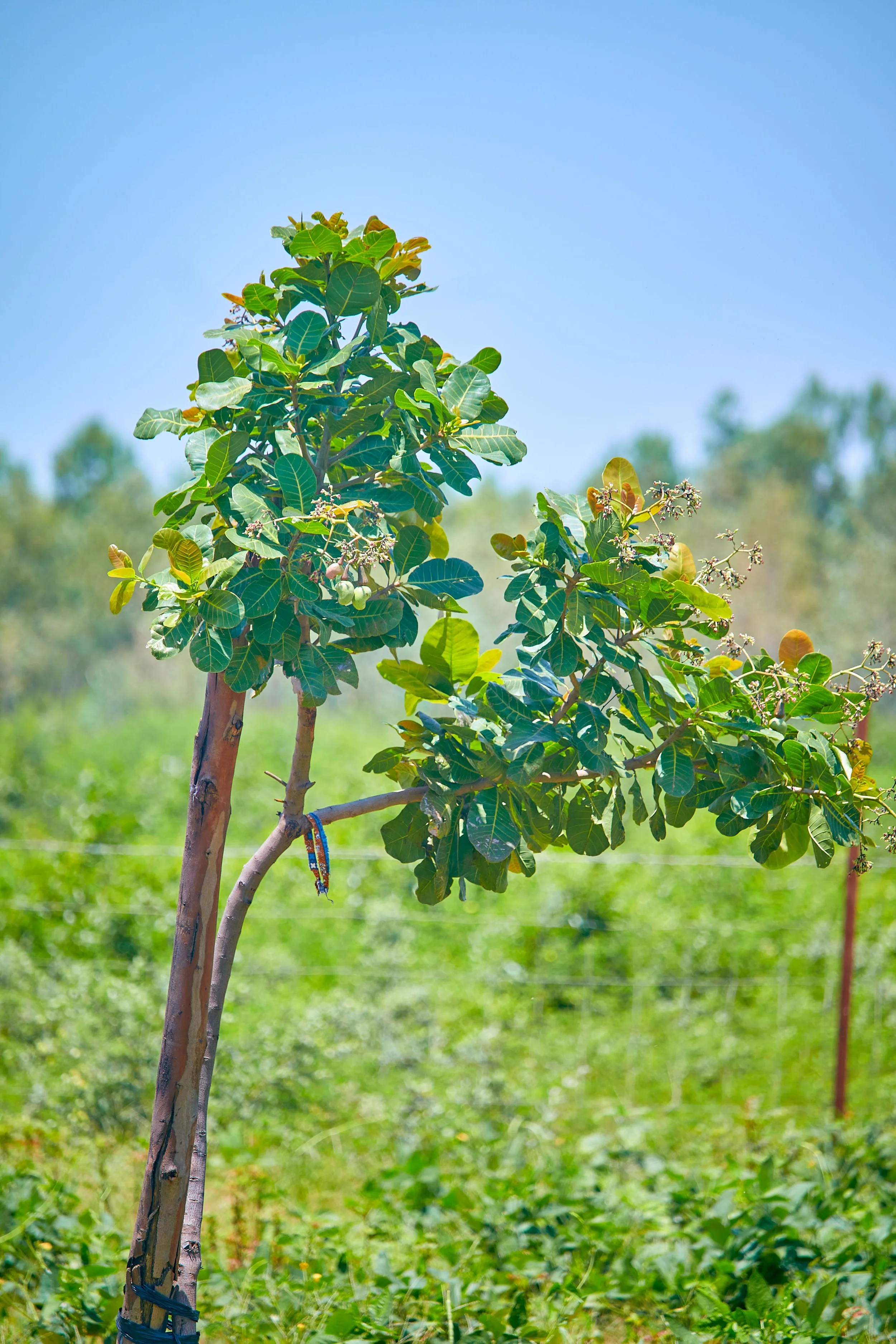
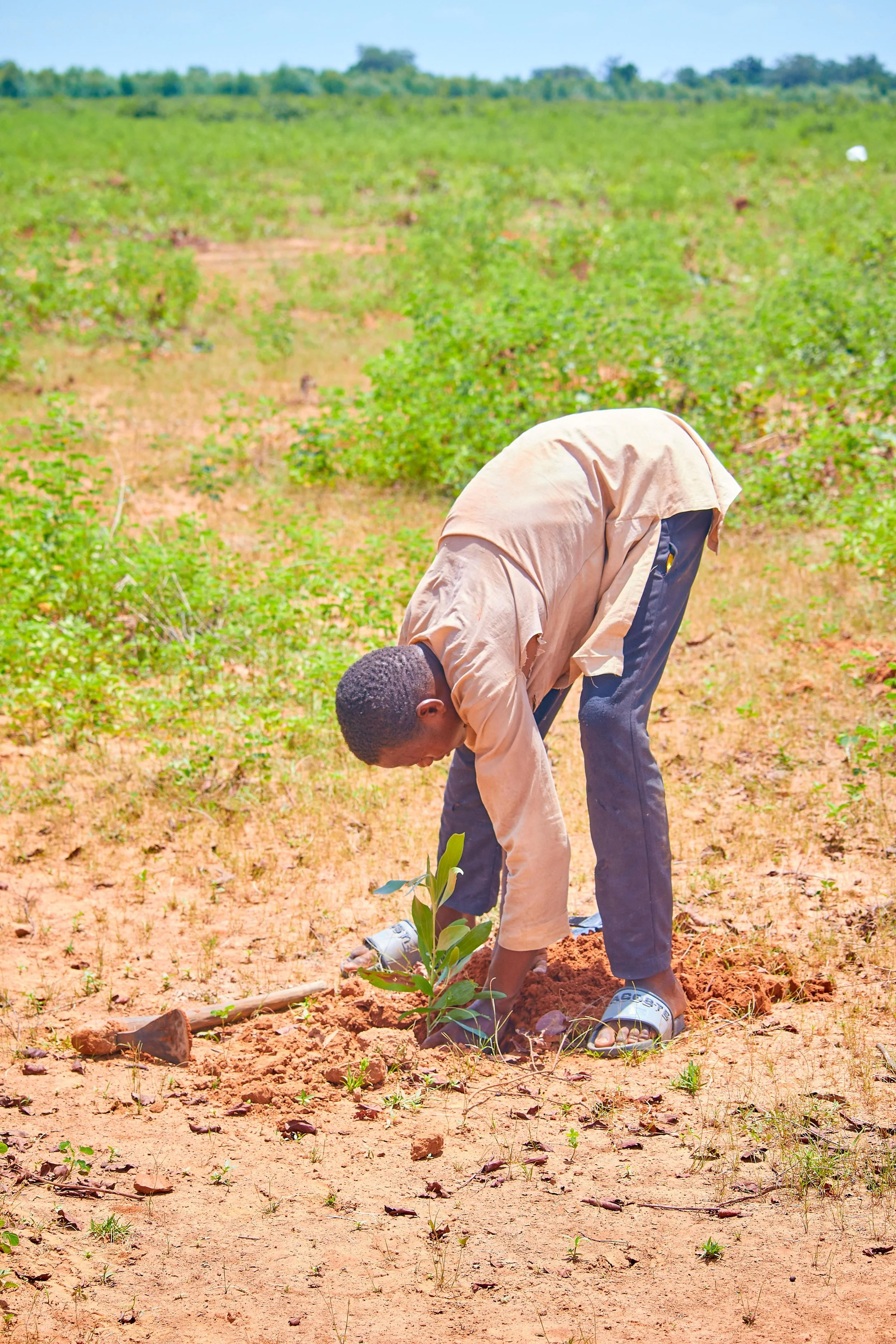
From the Field
-
While in the past there were no jobs year round for us to secure our livelihoods, having this experience of managing the site and its personnel has greatly supported my family, and financial situation.
Auwalu Sabo, Resource Support - Jeji Restoration
-
The difficulties around issues of land ownership as a woman have been temporarily alleviated since I am now able to farm through Jeji Restoration‘s agroforestry scheme. Being part of this program for the past two years has reduced a number of financial burdens on me and my family.
Hauwa Shafi, Beneficiary of our ‘agroforestry’ land lease scheme
-
Our forest has been desolute and declining for years and huge parts have been sold off by gov. for corporate activities. Seeing that a work is done with support of the community to restore the land and bring life back to the rivers and animals bring us hope of protecting our communities for generations to come.
Sani Yunusa, Member of Forest Community
Agroforestry
-
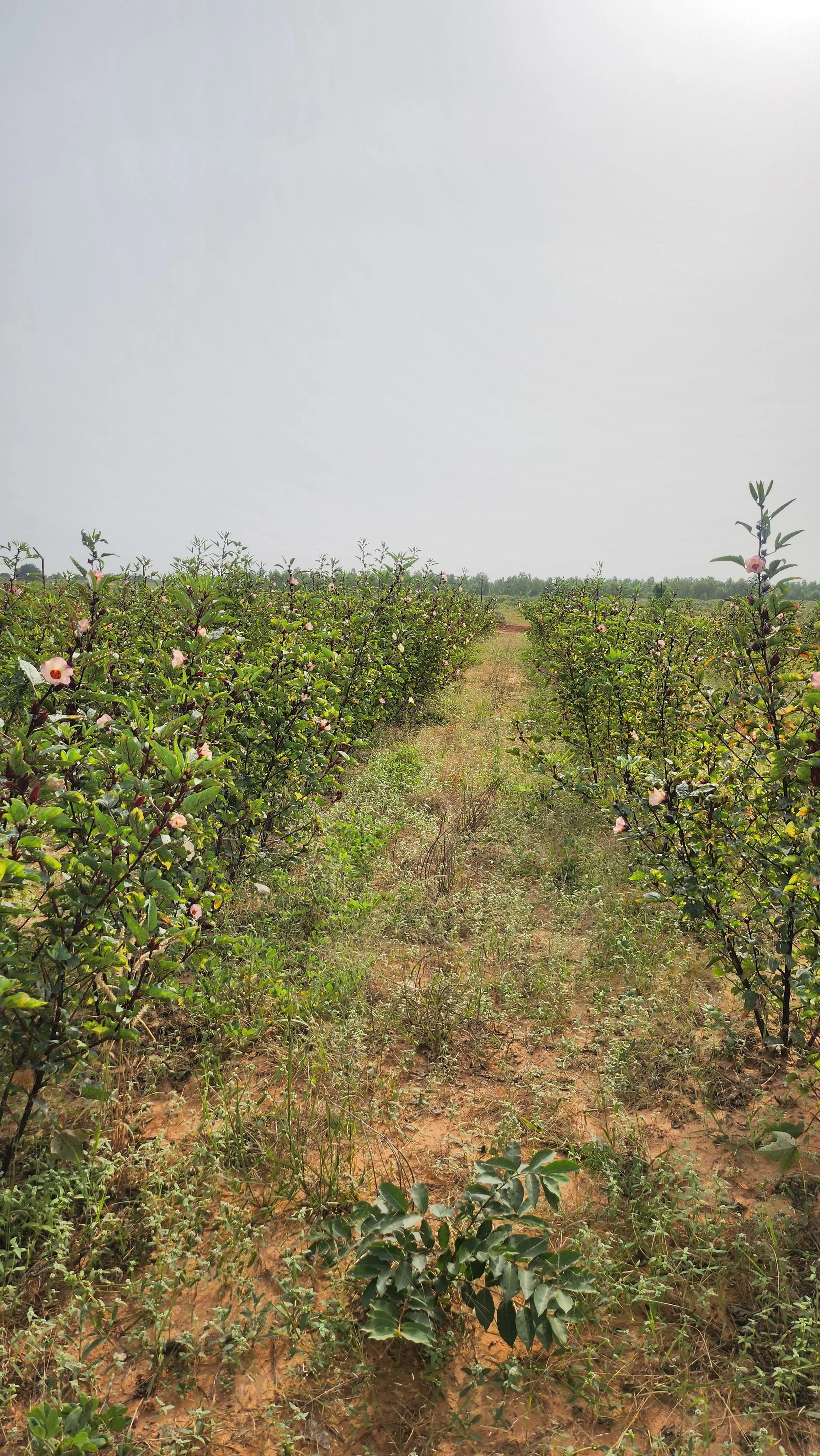
Community members, particularly farmers, are provided land within the restoration sites to grow crops alongside newly planted trees. This practice ensures a balanced approach to land use that boosts food production, secures income, and enhances biodiversity.
-

Agroforestry also encourages the use of traditional farming knowledge, making it a vital tool for climate adaptation and resilience. In this section, Hisbiscus are planted across six hectares - among mango and cashe trees.
“We feel less at risk of expulsion, and much less at risk of discrimination because through this projcet, we now contribute to the community in a value-driven manner.
Mari Babba, project beneficiary
Seed Bank
Jeji Restoration has established a seed bank to promote the conservation of indigenous seed species and to safeguard traditional agricultural practices. The seed bank houses a diverse array of about 350 different seeds, focusing on native crops and trees that are resilient to local climatic conditions. This initiative serves multiple purposes; it preserves genetic diversity, protects against the over-reliance on genetically modified seeds, and empowers communities to maintain their agricultural heritage. The seed bank also plays a critical role in ensuring the long-term sustainability of the project, providing a reserve of seeds for future reforestation efforts and aiding in the recovery of degraded ecosystems. Additionally, through promoting & preserving seed diversity, Jeji Restoration advocates for food sovereignty and resilience in local communities.



